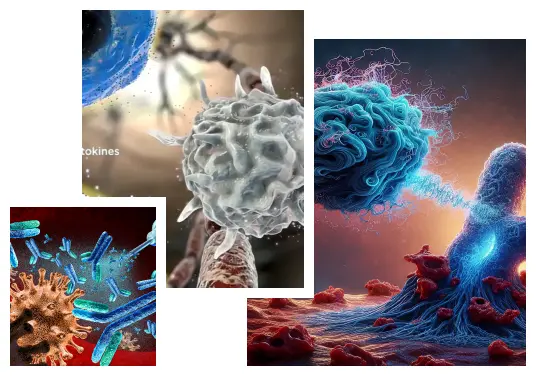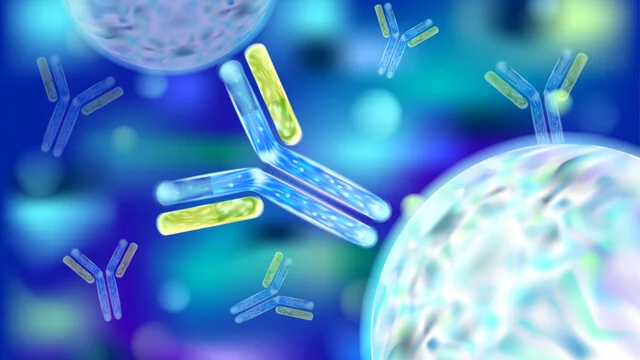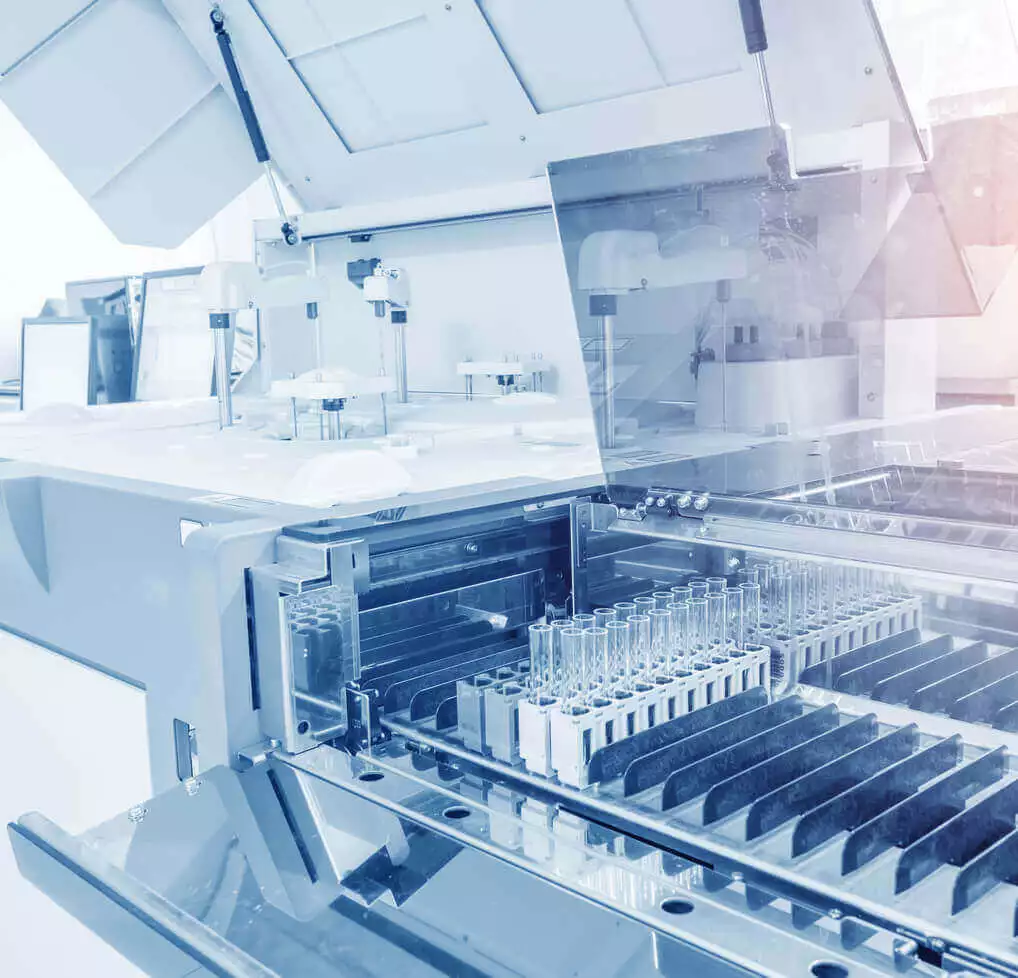What are EGF Functions and Effects?
Understanding the functions and effects of EGF
Epidermal growth factor binds with high affinity to the EGFR on cell surfaces and promotes cell proliferation, differentiation, and survival. EGF/EGFR binding facilitates ligand-induced receptor dimerization that consecutively activates the protein-tyrosine kinase activity. This activity further stimulates an intrinsic signal transduction cascade, resulting in various biochemical reactions. These include increased protein synthesis, glycolysis, increased intracellular calcium levels, and a rise in specific key regulating genes, which together lead to cell proliferation and DNA synthesis.
Salivary-secreted EGF plays a crucial role in assessing and regulating the integrity of the gastric and oro-esophageal tissues. Salivary EGF has a wide range of biological effects on the body. It stimulates DNA synthesis, inhibits gastric acid secretion, and heals gastroesophageal and oral ulcers. One of the functions of the epidermal growth factor is to protect the mucosa from factors such as pepsin, bile acids, gastric acids, and several physical, chemical, and bacterial agents.













































